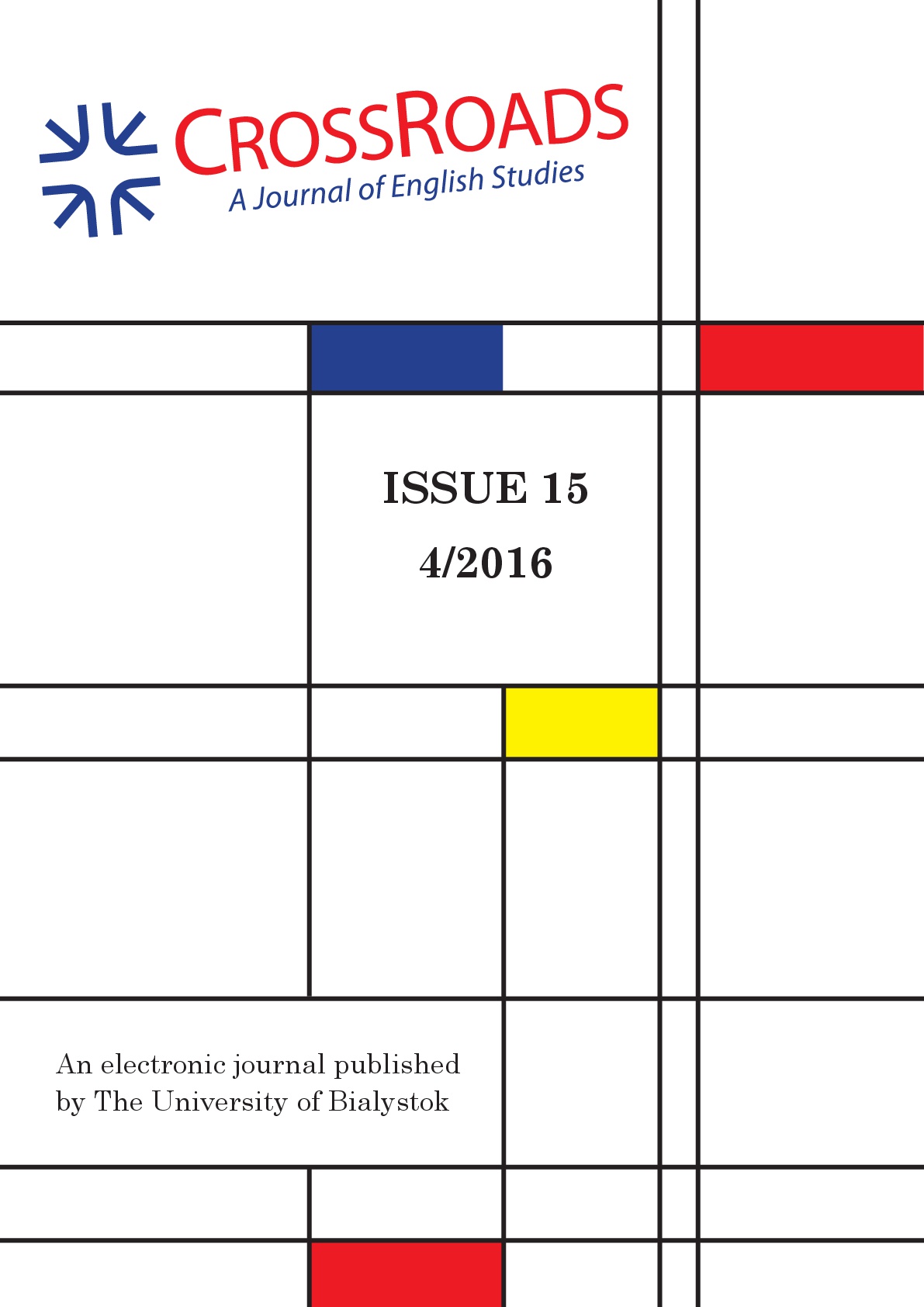Memory performance in William Golding’s “Envoy Extraordinary”
Memory performance in William Golding’s “Envoy Extraordinary”
Author(s): Marek PawlickiSubject(s): Studies of Literature, Theory of Literature
Published by: Wydział Filologiczny Uniwersytetu w Białymstoku
Keywords: memory; recollection; emotions; Golding;
Summary/Abstract: William Golding’s fascination with history is evident both in his essays and his novels. In an essay titled “Digging for Pictures” he observes that one of the main driving forces in his work as an amateur archaeologist was his desire for “a connection with the past.” Knowing Golding’s preoccupation with history, it should come as no surprise that he is also deeply interested in the means by which people represent the past to themselves – both the distant past, which they did not witness, and the past that belongs to their subjective experience. The aim of this article is to analyse Golding’s “Envoy Extraordinary”, the third novella published in The Scorpion God. The article begins with the discussion of recollective memory, concentrating on the notion of “memory performance.” It then applies this concept to the analysis of chosen passages from Golding’s novella in order to show the relational aspect of memory. The discussion emphasizes the important role of emotions in the recollection process, both in spoken and written discourse: emotions make autobiographical discourse seem more authentic, and they provide narrative continuity between the subject’s past and present selves. Those observations are made in the context of Jean-Jacques Rousseau’s Confessions, and Golding’s autobiographical texts, most importantly, his essay “The English Channel” from his collection The Hot Gates.
Journal: Crossroads. A Journal of English Studies
- Issue Year: 2016
- Issue No: 04 (15)
- Page Range: 19-29
- Page Count: 11
- Language: English

